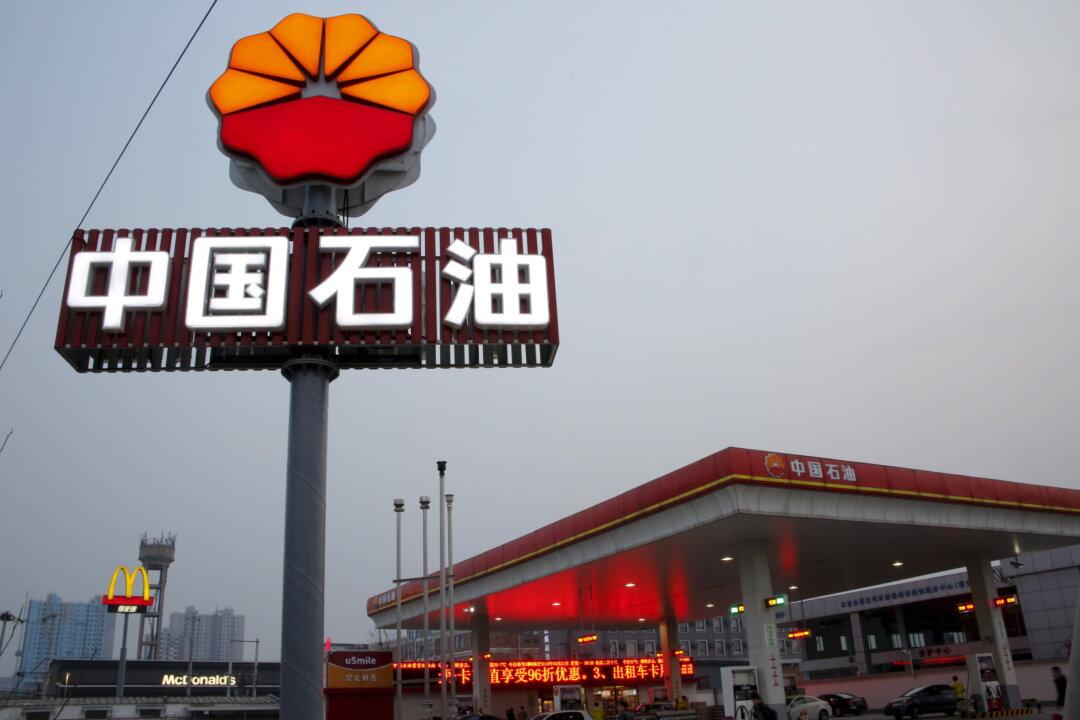From January to July this year, among the top 10 real estate companies acquiring land in key cities in China, 80 percent are state-owned enterprises, according to the country’s official data. A similar trend was observed in other industries in China. Analysts believe that this is not only an indication that “the state advances, the private sector retreats”—a Chinese catchphrase describing the trend that state firms keep expanding while the private sector keeps shrinking—but also a possibility that the ruling Chinese Communist Party (CCP) will bring back a planned economy in the post-pandemic era.
State Companies Monopolize Housing Market
On July 30, the China Index Academy released the 2022 January–July Top 100 Ranking of Real Estate Enterprises in Land Acquisition, which shows that from January to July, the total land acquired by the Top 100 enterprises was worth 802.4 billion yuan ($117.7 billion), a 55.6 percent year-on-year decline. State-owned enterprises and local urban investment platforms became the main buyers of land auction transactions, with 80 percent of the top 10 buying land in key cities being state-owned enterprises. Chinese private enterprises, which used to be very active in land acquisition in the past, accounted for only 17 percent of sales in the first seven months of this year.This is especially true in hot real estate markets such as Guangzhou, Shanghai, Beijing, Nanjing, and Chengdu, where state-own enterprises were predominant land buyers.





